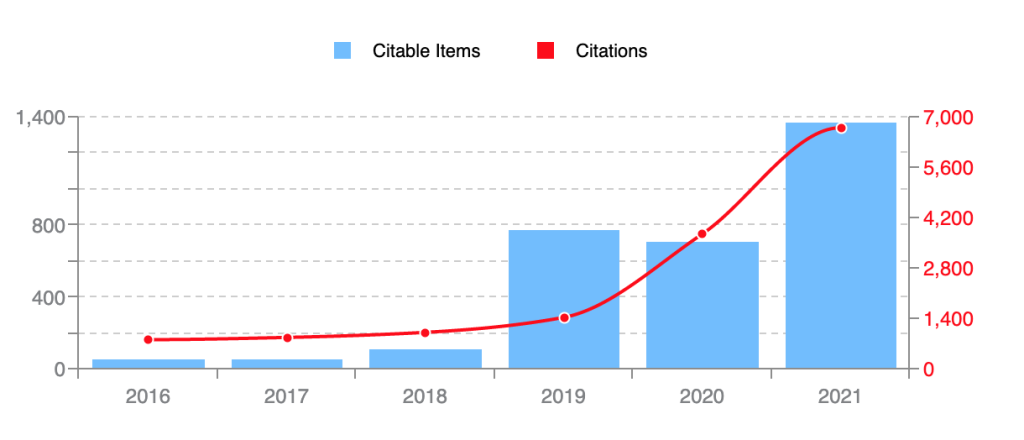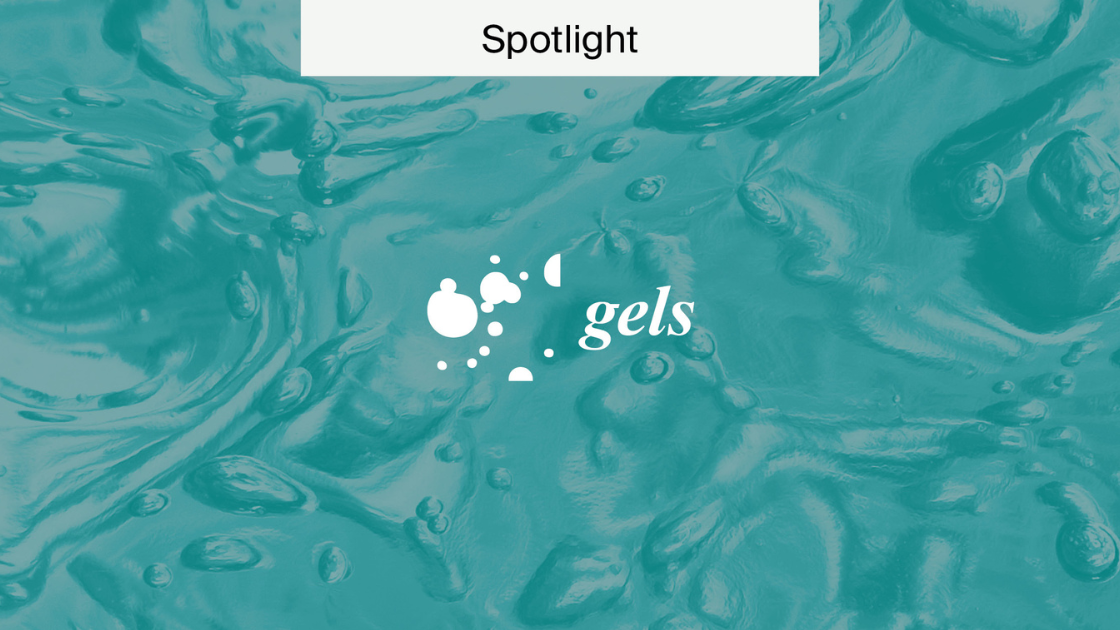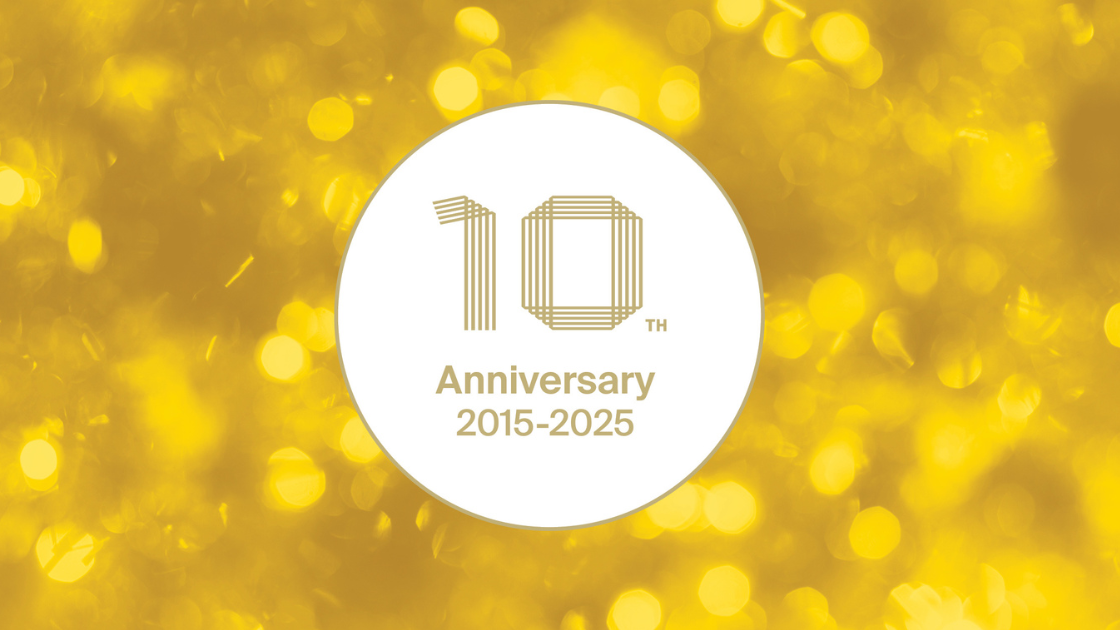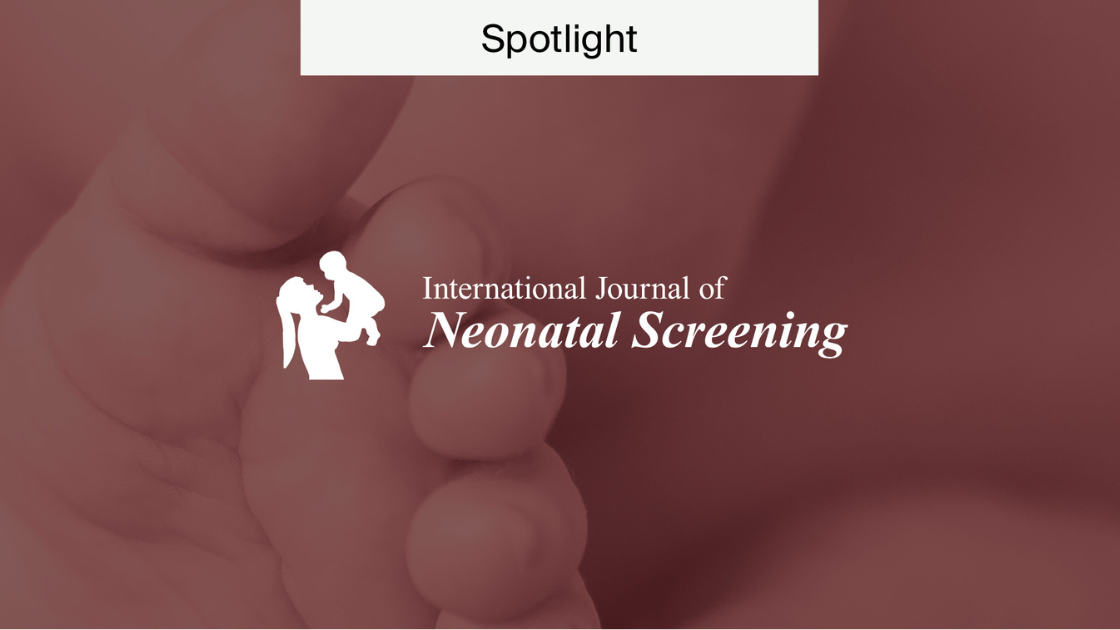
Society Partnerships: Everything You Need to Know
Societies are an integral part of the academic landscape. We want to support societies in bringing more innovation to the forefront of academia. Society partnerships are part of the many collaborative relationships we offer.
For societies, it’s important to understand what publishing options are available. That’s why we’re striving to provide easy-to-access information about MDPI’s various society collaborations.
Over the past few months, we’ve written about many different society publication methods. For example, societies can be affiliated with one or more current MDPI journals, or launch their journal with MDPI.
Here, we’ll explain how society partnerships work, and how societies can easily partner with MDPI to publish their research.
What Are Society Partnerships?
There are many benefits of MDPI partnerships. Either societies already have journals, and sign on to have MDPI publish them. Or, societies approach our team without having a journal first, and launch one with MDPI in a society partnership.
To begin the partnership, the society signs a contract with MDPI. This is a legally binding, fixed collaboration. The society’s journal is then published exclusively by MDPI.
One of the benefits is that the society retains control of its own journal. MDPI simply supports the society by publishing the journal on their behalf.
What’s more, after the contract term is complete, the society can choose to renew with MDPI, or publish their journal with a different publisher.
Switching to MDPI
Below are some benefits of switching your journal to MDPI.
It may involve a switch to open access. As MDPI is a pioneer of the open access publishing model, all its journals are published in open access. It is central to our philosophy. Open access provides a world of opportunity. It means that societies have unparalleled access to an increased number of readers. The work of their members is more likely to be read and hence cited.
Societies can provide a clear benefit for society members in the form of this career-boosting exposure. This is because MDPI provides an efficient and reliable service to society members and authors, across different disciplines.
If the journal is already published in open access, switching to MDPI will still benefit the journal and its authors. Our Societies Team has a wealth of experience working with different types of societies. They use their expertise to tailor the publication process and deliver strong and successful results.
Society Partnerships in Action: Medicina
We’ve worked with societies in many different fields, in both science and the arts. This includes the Lithuanian University of Health Sciences (LUHS). Let’s take a closer look at their journey.
LUHS already had their own journal, Medicina, when we started working with them on their publication strategy in 2018. We reviewed the journal’s history, its current requirements, and what the society hoped to achieve in the years to come.

Medicina is around 100 years old. Its first issue was published all the way back in 1920, with research then written in Lithuanian.
The journal was originally a subscription journal, with publishing fees paid by the readers. To increase readership, it transitioned to open access in 2009.
Then, in 2012, in a bid for an even greater reach, the journal started publishing only in English. Things further changed at Medicina when they signed with Elsevier to publish their work in 2014.
LUHS finally came to MDPI in 2018 to publish their work in gold open access. This involves the author paying an article processing charge (APC) to cover the cost of publication. Since then, the attention paid to Medicina’s work has increased dramatically. Citations jumped from 829 in 2016 to 1446 in 2019. Then, last year, in 2021, there were 6717 total citations.

In addition, the journal’s Impact Factor has steadily improved over the years. Initially, it decreased slightly, from 1.467 to 1.205 between 2018 and 2019, but after this, it doubled to 2.430 in 2020, and then further increased to 2.948 in 2021. JCR currently ranks it in Q3 in Medicine, General & Internal.
These past five years have been extremely successful for the journal. We hope to see this success continue in the years to come.
How to Become a Society Partner
We’ve seen the vast number of benefits of an MDPI partnership. You can retain ownership of your journal, while having MDPI’s team of professional editors publish for you and provide support on your behalf.
If you’re interested in a publishing partnership with MDPI, you can get in touch with the Societies Team. From there, you’ll have a thorough discussion about your society’s needs and aspirations, and what your members hope to publish.
You can send an email to the Societies Team to start the conversation.










